AGHORI

There are those who worship the God of the High Heavens.
There are those who worship God in a statue or in an image.
There are those who worship the formless God.
There are those who worship God in their own hearts.
There are those who believe that God is the mind.
The Aghoris worship God in their body or in the body of the others.
Because "I am God", Aham Brahmasmi.
Who are Aghoris?
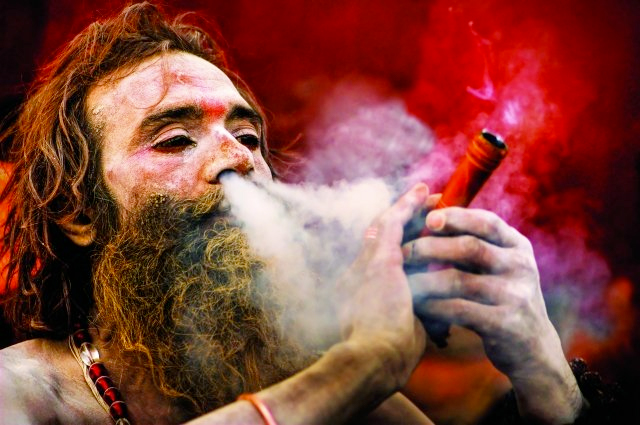
-
AThe Aghoris are devotees of Lord Shiva manifested as Lord Bhairava.
-
BThe Aghoris are monists (concept of singleness) who seek moksha (liberation) from the cycle of samsara (reincarnation).CThis freedom is a realization of the self’s identity with the absolute. Because of this monistic doctrine, the Aghoris maintain that all opposites are ultimately illusory.DThey often dwell in charnel grounds, smear cremation ashes on their bodies, and use bones from human corpses for crafting kapalas (skull cups which Shiva and other Hindu deities are often iconically depicted holding or using) and jewellery.'A' + 'Ghora'
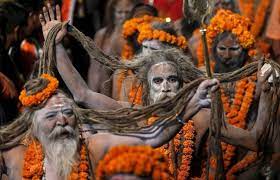
-
AThe sanskrit term 'Aghora' is the combination of two words 'A' and 'Ghora' and has various meanings.
-
BA stands for negation (not/non); Ghora means the obscurity of ignorance, but, in certain contexts, also means intense / deep.CAghora therefore means Light, absence of obscurity and awareness, but it also symbolizes a style of life where a person of the Aghori tradition doesn't have intense or deep feelings.DAn Aghori doesn't differentiate amongst the various feelings and seems to be indifferent to various stages of a human life.Lord Shiva is perfect
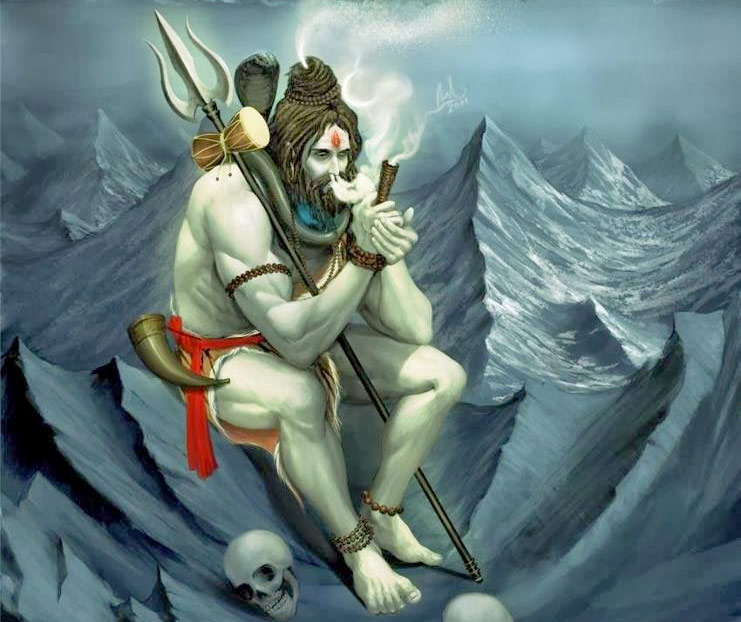
-
AAghoris base their beliefs on two principles common to broader Shaiva beliefs, that Lord Shiva is perfect (having omniscience, omnipresence and omnipotence) and that Lord Shiva is responsible for everything that occurs – all conditions, causes and effects.
-
BConsequently, everything that exists must be perfect and to deny the perfection of anything would be to deny the sacredness of all life in its full manifestation, as well as to deny the Supreme Being.
Astamahapasa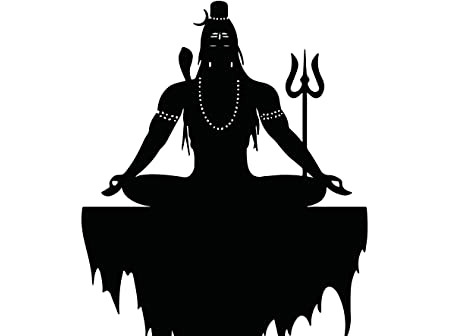
-
AAghoris believe that every person’s soul is Lord Shiva but is covered by Astamahapasa (eight great bonds) which is sensual pleasure, anger, greed, obsession, fear, ignorance, discrimination and hatred.
-
BThe practices of the Aghoris are centered on the removal of these bonds. They believe that their soul will obtain Moksha (liberation) when they release themselves from the eight bonds.
Primordial and Universal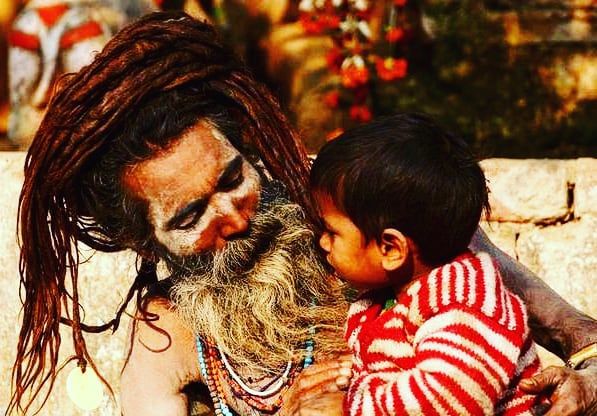
-
AThe gurus and disciples of Aghora believe their state to be primordial and universal. They believe that all human beings are natural-born Aghori.
-
BThey believe that human babies of all societies are without discrimination, that they will play as much in their own filth as with the toys around them.CChildren become progressively discriminating as they grow older and learn the culturally specific attachments and aversions of their parents.DChildren become increasingly aware of their mortality as they bump their heads and fall to the ground. They come to fear their mortality and then palliate this fear by finding ways to deny it altogether.From Darkness to Self Realization
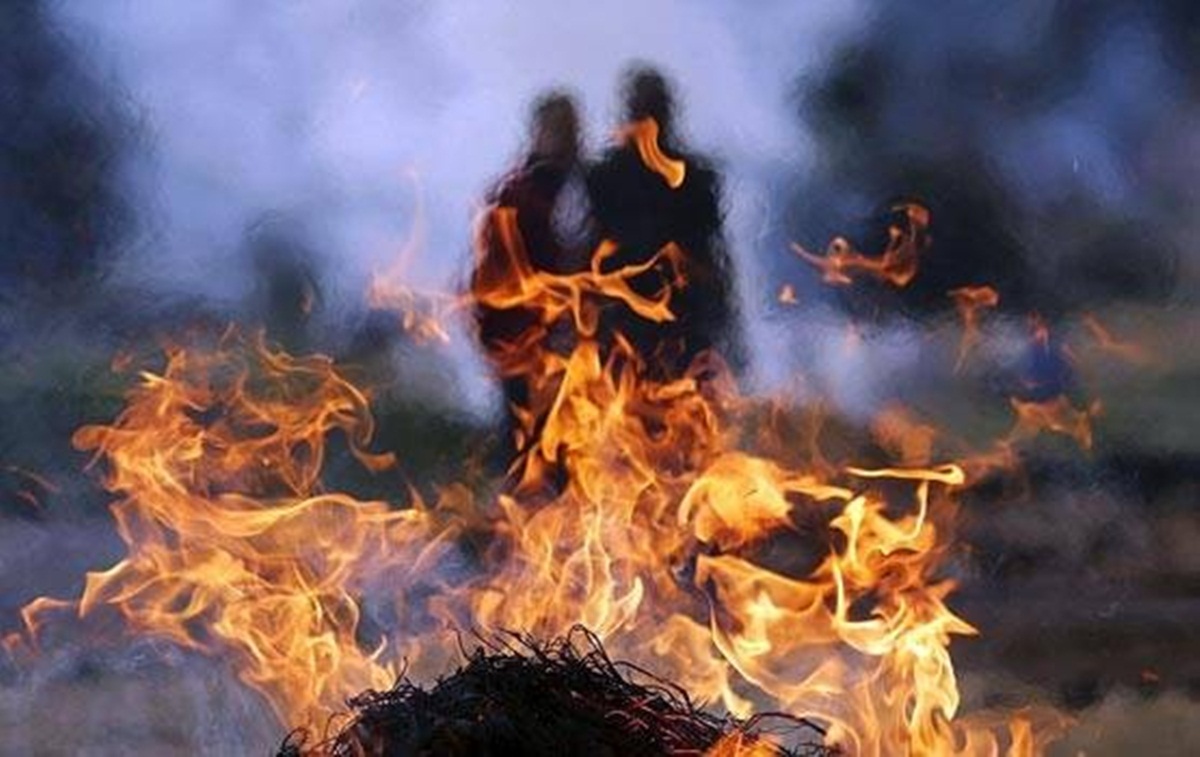
-
AAn Aghori believes in getting into total darkness by all means, and then getting into light or self realizing. Though this is a different approach from other Hindu sects, they believe it to be effective.
-
BThey are infamously known for their rituals such as Shava Samskara: A ritual worship incorporating the use of a corpse as the altar to invoke the mother goddess, Goddess Tara.
Goddess Tara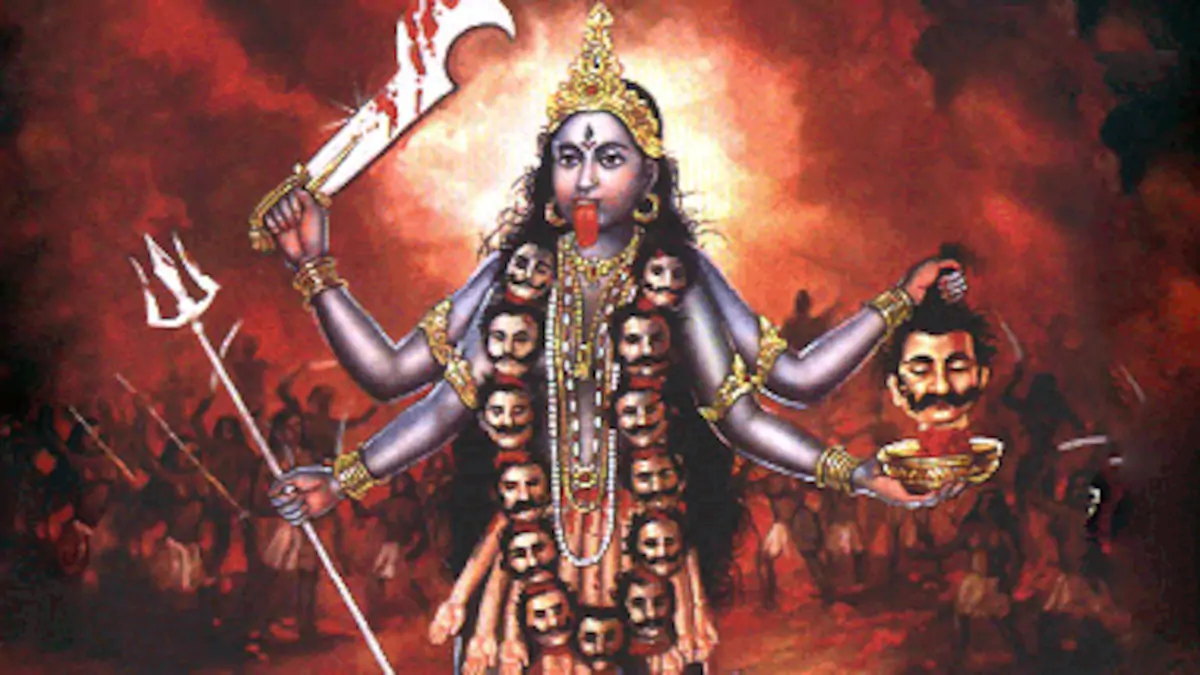
-
AIn Hindu iconography, Goddess Tara, like Goddess Kali, is one of the ten Mahavidyas (wisdom goddesses) and once invoked, can bless the Aghori with supernatural powers.
-
BThe most popular of the ten Mahavidyas who are worshiped by Aghoris are Goddess Dhumavati, Goddess Bagalamukhi, and Goddess Bhairavi.CThe male Hindu deities primarily worshiped by Aghoris for supernatural powers are manifestations of Lord Shiva, including Lord Bhairava, Lord Virabhadra, Lord Avadhuti, and others.